No products in the cart.
Water apple is a resourceful fruit bearing plant.
- Water apple (Scientifically known as Syzygium Samarangense) also known as Jambu, Jambu Air, Java apple, belongs to the family of Myrtaceae. With native originated to Andaman and Nicobar Islands, Malay Peninsula and Greater Sunda Islands, now they are widely cultivated around all tropical climate regions. They are very well known for the fruit that it bears. These water apples are of pear-shaped, waxy fruits, which are usually light-red or cream-colored or greenish-white coloured with narrow base and wide apex. And the texture of this fruit is very thin, with flesh white and bland in flavour. Fruits that this plant bear, could be consumed raw or even used for culinary purposes. These plants also have distinct foliage and flowers which both are aromatic when crushed.
Health Benefits involved around consumption of Water Apple.
- These fruits are rich with nutrients like vitamin C and other phenolic compounds such as flavonoids. Due to these contents, they could prevent any damage of cells by any toxic chemicals or pollutants. These fruit consumptions may enhance your white blood cells which in turn boosts the immune system. Other health benefits are reducing the risk of stroke, improvement of metabolism, preventing constipation, healing muscle cramps and hydrating the body.
Commercial purposes of Water apple.
- Fully developed fruits from these plants are widely sold. They are also used in the manufacture of jam and flavourful exotic beverages.
Water apples are easy to care for.
- These plants thrive in full sunlight. Syzygium Samarangense requires water occasionally when the soil seems dry. The soil on which they are supposed to be planted must be well-drained and rich with organic contents. Ideally the temperature around them must be above 15.55 degree Celsius. And in terms of feeding, use any organic fertilizers.
It’s not a Pet-Friendly plant.
- Although their fruits are edible, their roots, leaves and stems contain a certain amount of hydrocyanic acid, which are poisonous to living beings. Even eating these fruits too much would pose the risk of toxicity in the body. Therefore, it’s not safe to keep them around your children or pets.
Additional information
| Choose Height | 60cm-80cm, 100cm-120cm |
|---|










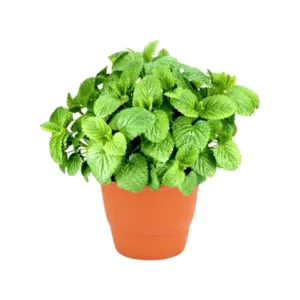

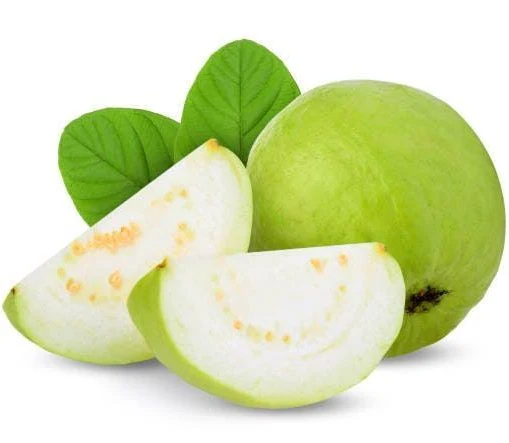



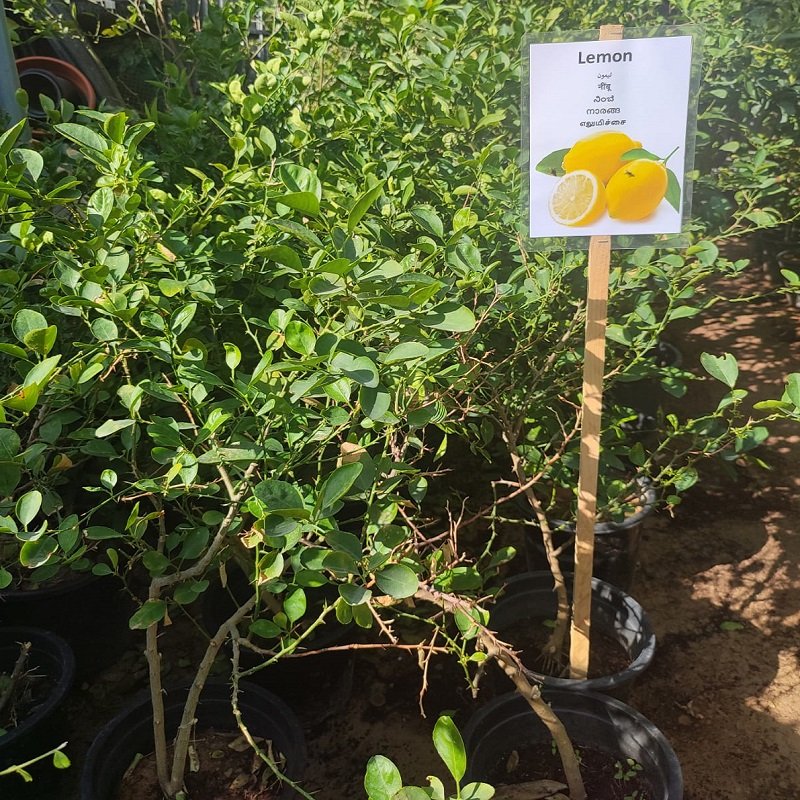
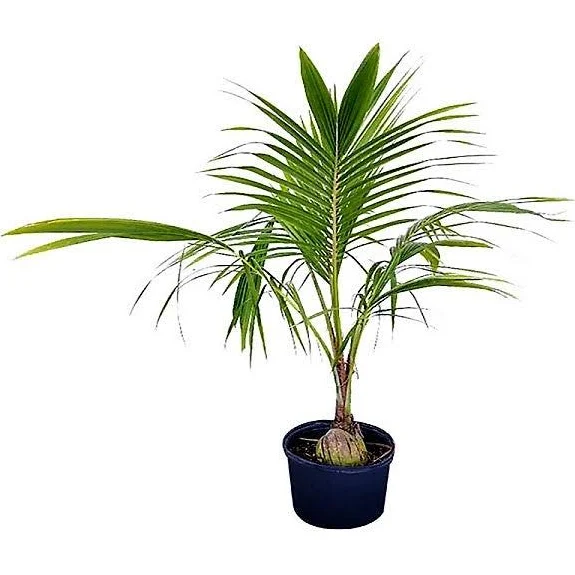
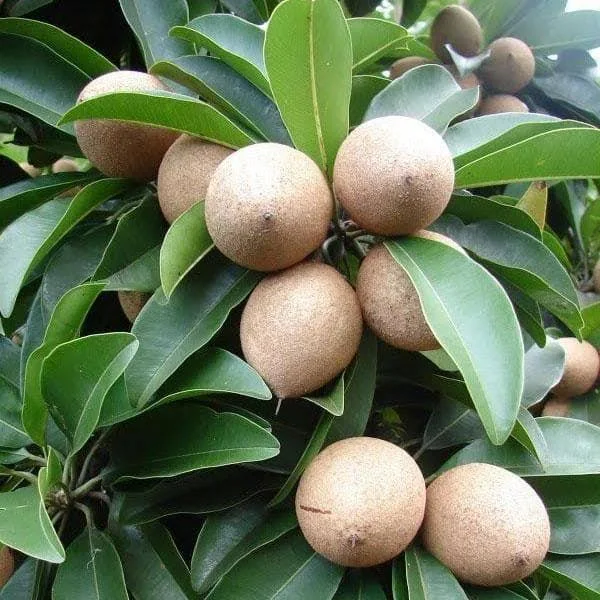
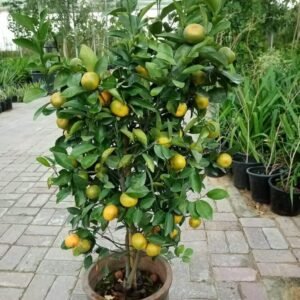
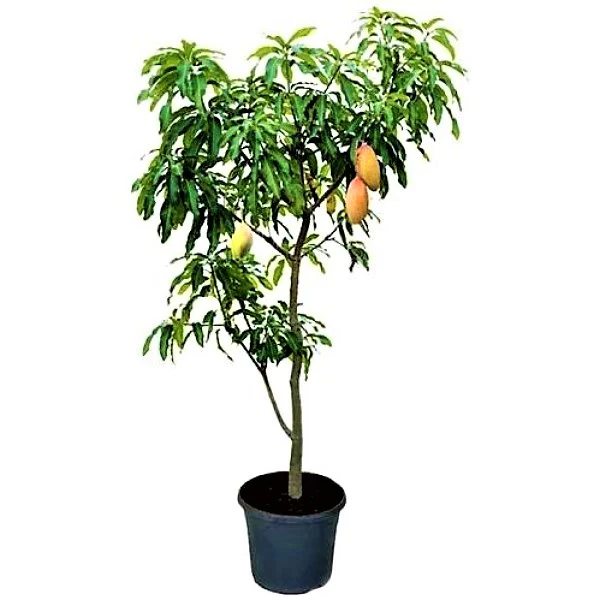
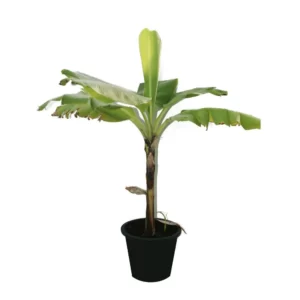
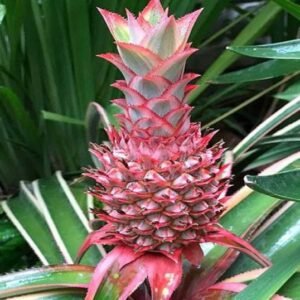
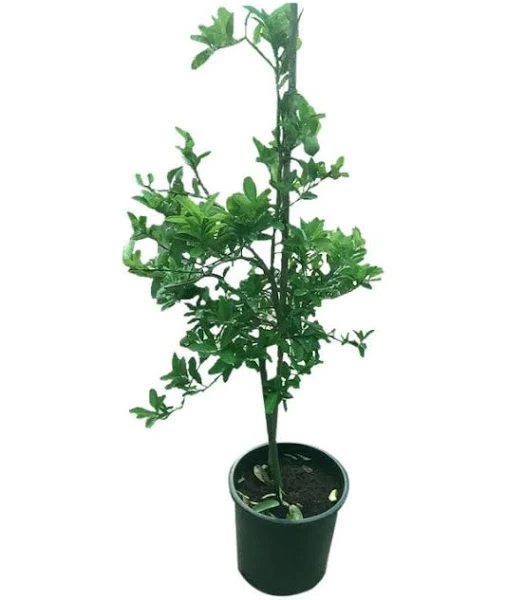

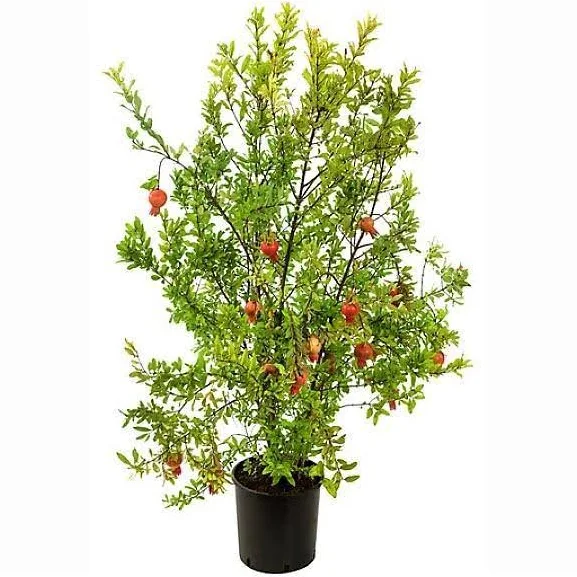
Reviews
There are no reviews yet.